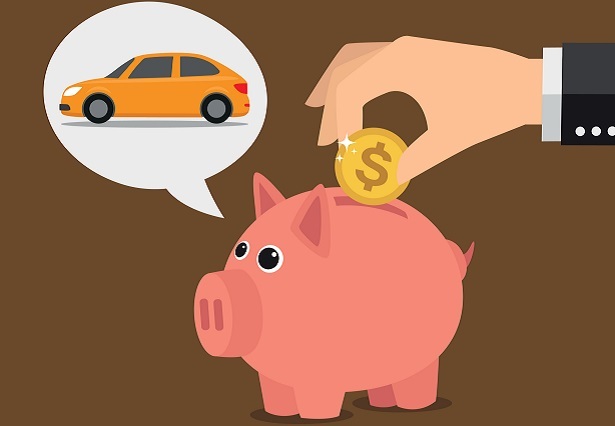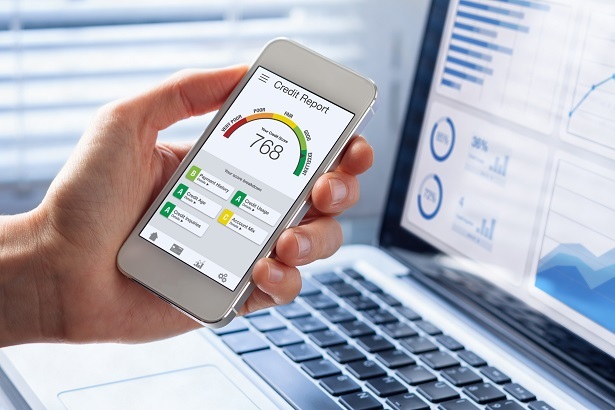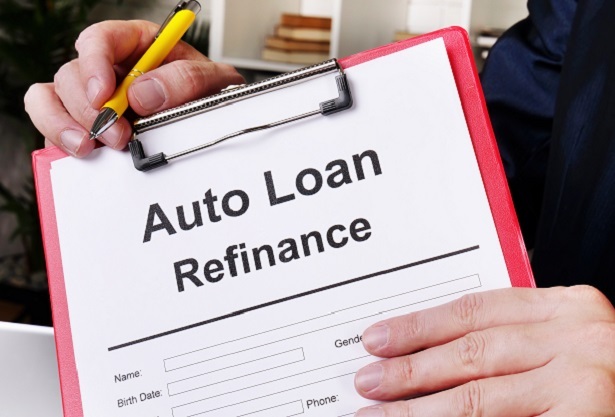If refinancing your auto loan is on your to-do list, you've likely been working hard to improve your credit score and want to reap the benefits. Refinancing can help you get a lower interest rate, reduced monthly payments, or a less costly auto loan in the long run, but will it reverse all the progress you've made in building up your credit? Find out if refinancing your car loan is the right step for you, the impact it will have on your credit, and our top tips for refinancing your auto loan the right way.
Should You Refinance in the First Place?

Refinancing your auto loan simply means taking out a new loan to pay off the existing one. Usually, the motivation is getting a lower interest rate, but car owners may also refinance to change their loan terms or reduce the monthly payment. There are several reasons to refinance which include: car loan interest rates have dropped, you've improved your credit score, you've experienced a financial setback, or you want a shorter loan term.
Auto Loan Rates Have Dropped: Interest rates fluctuate and if you purchased your vehicle when the rates were at their peak, it can be beneficial to refinance your loan at a lower rate.
You've Improved Your Credit: If your credit score is significantly higher than when you purchased your vehicle, it's likely that you'll be able to refinance your auto loan with a more favorable interest rate. For example, the average APR rate for a car shopper with deep subprime credit (300-500) is 14.25%, while a shopper with a prime score (661-780) has an average 4.75% rate.
You Need a Lower Monthly Payment: Maybe your financial situation has changed since you bought the vehicle, and you can no longer afford your monthly payments. Refinancing can help bring down the monthly payment and let you avoid defaulting on the loan.
Your Loan Term is Too Long: A loan term longer than 60-months not only increases your interest rates but also puts you at risk of going underwater on the vehicle. Refinancing can shorten the term of the loan, reducing the overall amount you'll pay.
Impact of Auto Refinancing on your Credit Score

Before you apply for auto loan refinancing, you should be aware of how it will impact your credit score since you don't want to unravel all the progress you made. There's good news and bad news. The bad news is that like any other car loan application, applying to refinance your car loan will be considered a hard inquiry which can make your credit score dip. The good news is the impact will likely be minor and temporary.
According to Experian, there will be a slight reduction to your credit score when you apply for refinancing, and also when the new loan is approved and accepted. Taking on new debt can lower a credit score, but refinancing means you replace your existing loan with a new of a similar amount so the impact is minimal.
After a few months of regular payments, your credit score will bounce back and the average hard inquiry only stays on a credit report for 6 months. Shopping around for the best rates won't cause a more dramatic drop because multiple hard inquiries within a short time span of a few weeks are counted as one.
Auto Loan Refinancing Tips

Before you start the auto refinance process, you'll want to know where your credit stands. Prepare by checking your credit and fixing any errors to quickly boost your score. Because your credit will be impacted by the application process and there are fees involved, you'll want to consider whether it's the right course of action. If your credit score has not improved since you took out the original loan and you don't need to extend the term of your loan to lower your monthly payment, refinancing is likely not the best route for you.
Car owners with bad credit who want to refinance for a lower monthly payment may be able to work with specialized lenders to lengthen the terms of the loan and make the payment more manageable. Although this process will increase the total cost of the loan, it also reduces the chances of defaulting on payments and vehicle repossession.
If you believe you can get a better interest rate thanks to improved credit or a drop in interest rates since you bought your vehicle, you should shop around for the best refinance offers by applying through multiple lenders. To reduce the impact of hard inquiries on your credit score, make sure to keep the applications to a short window. According to NerdWallet, VantageScore gives you a rolling 14-day period while FICO gives you 45 days to shop around.


